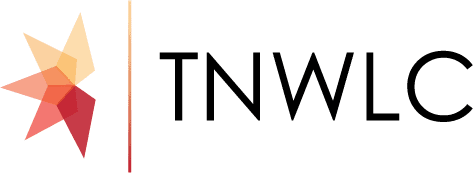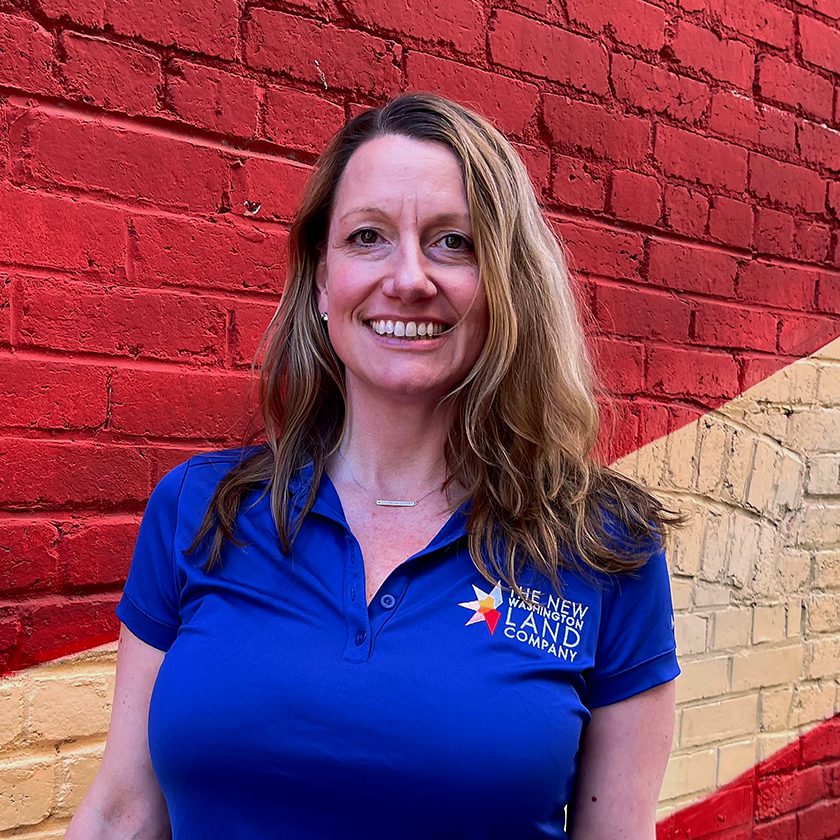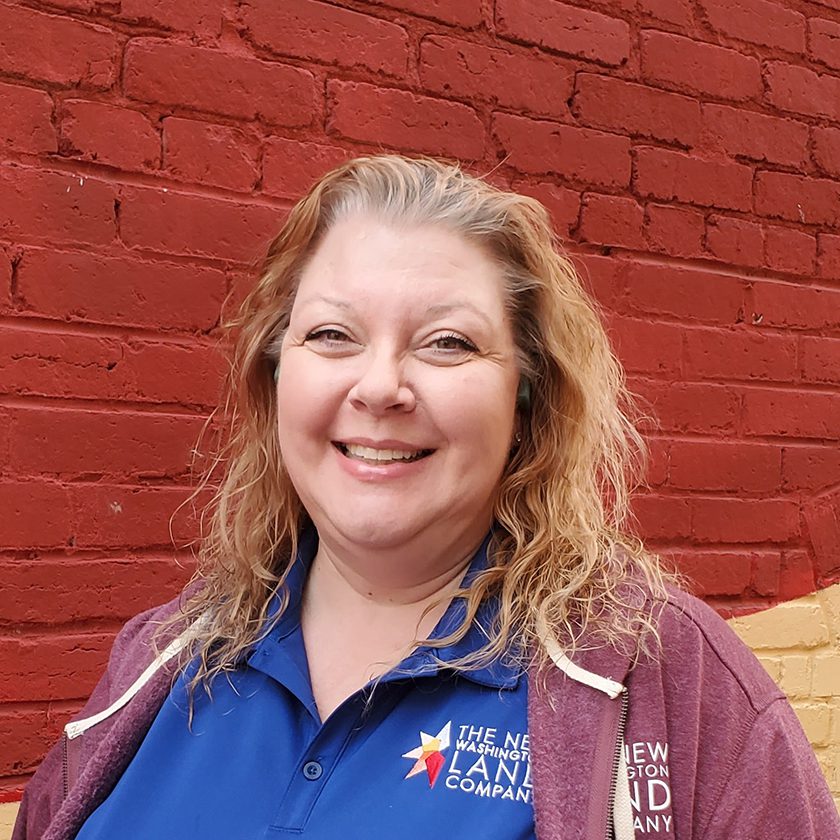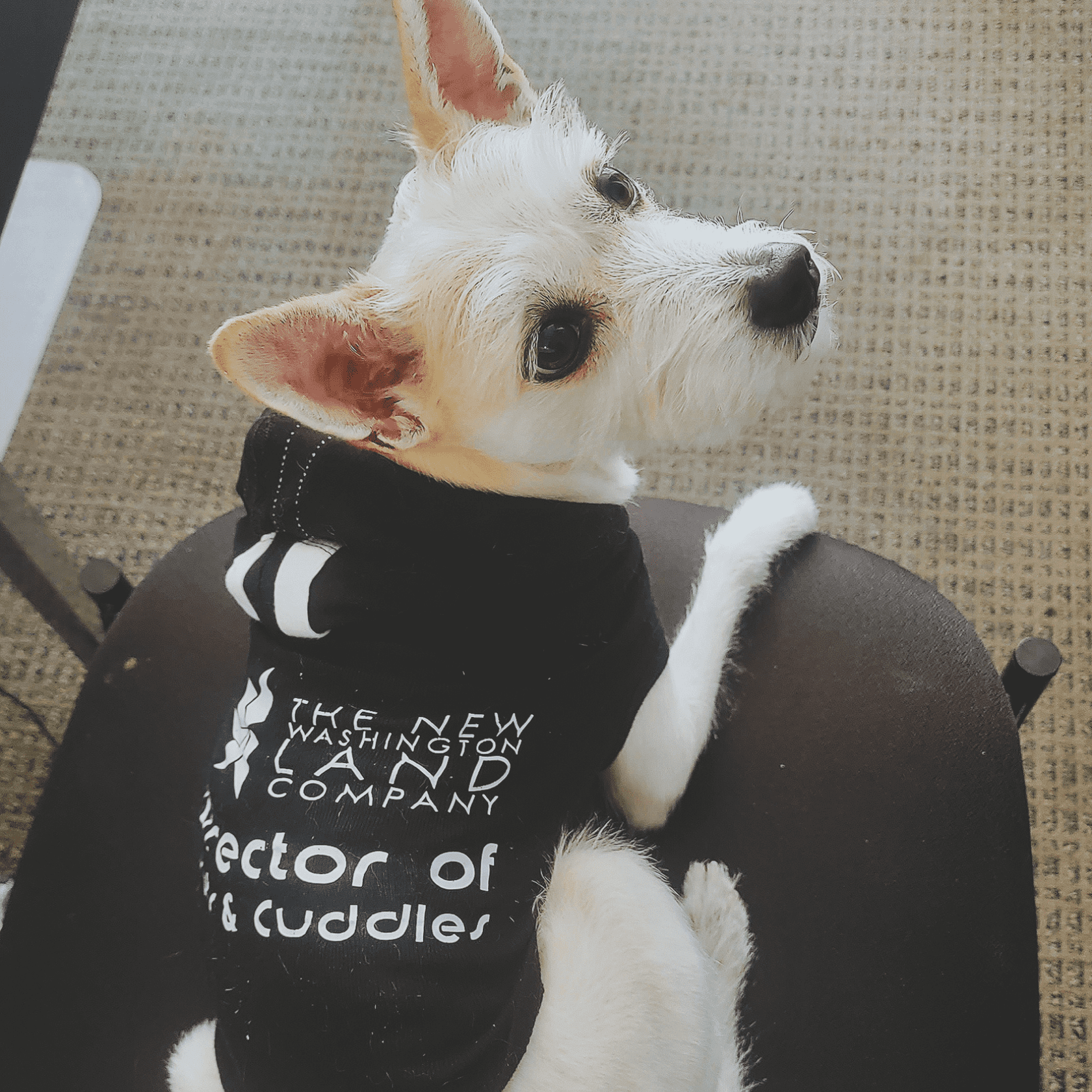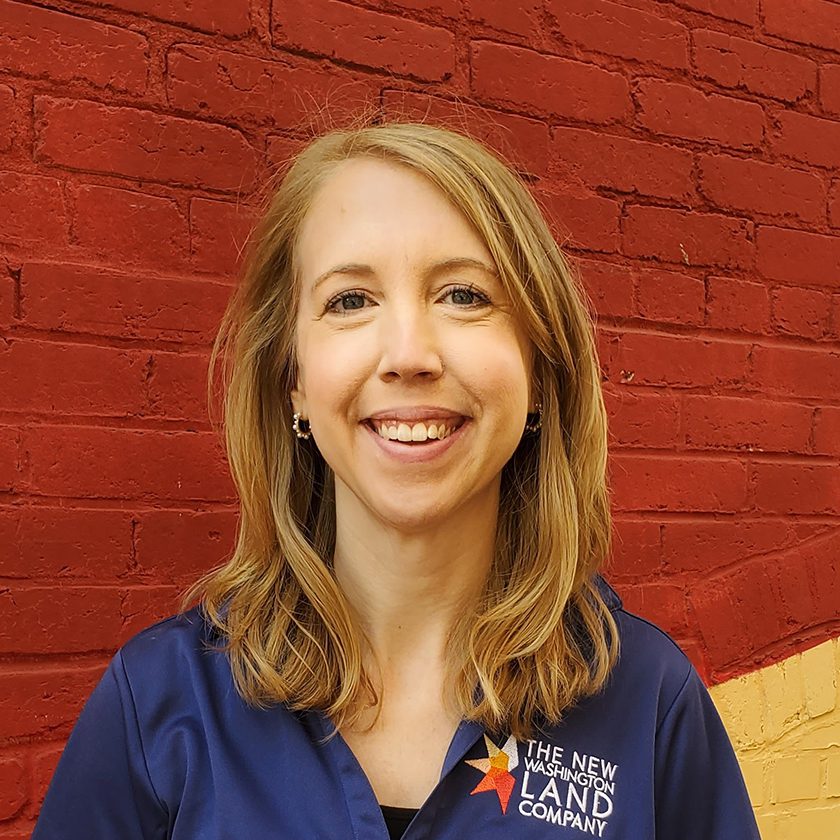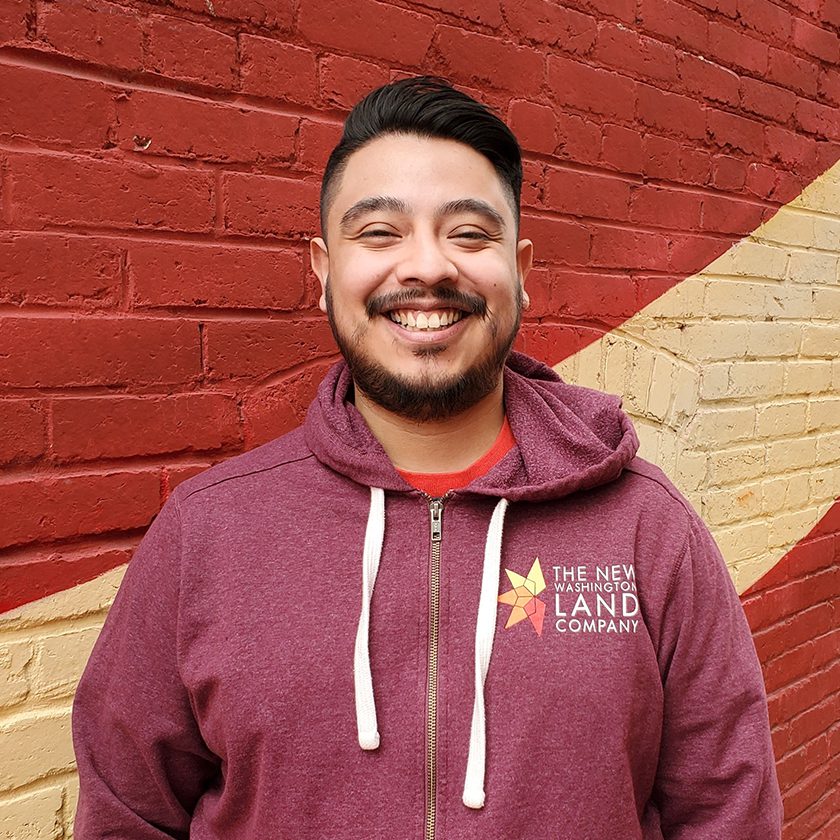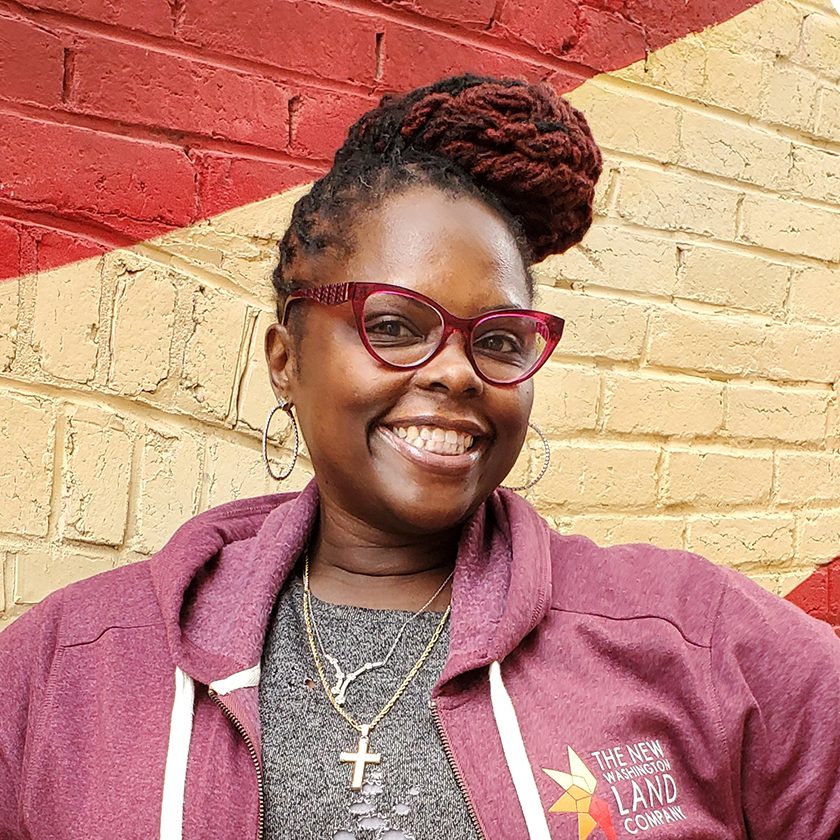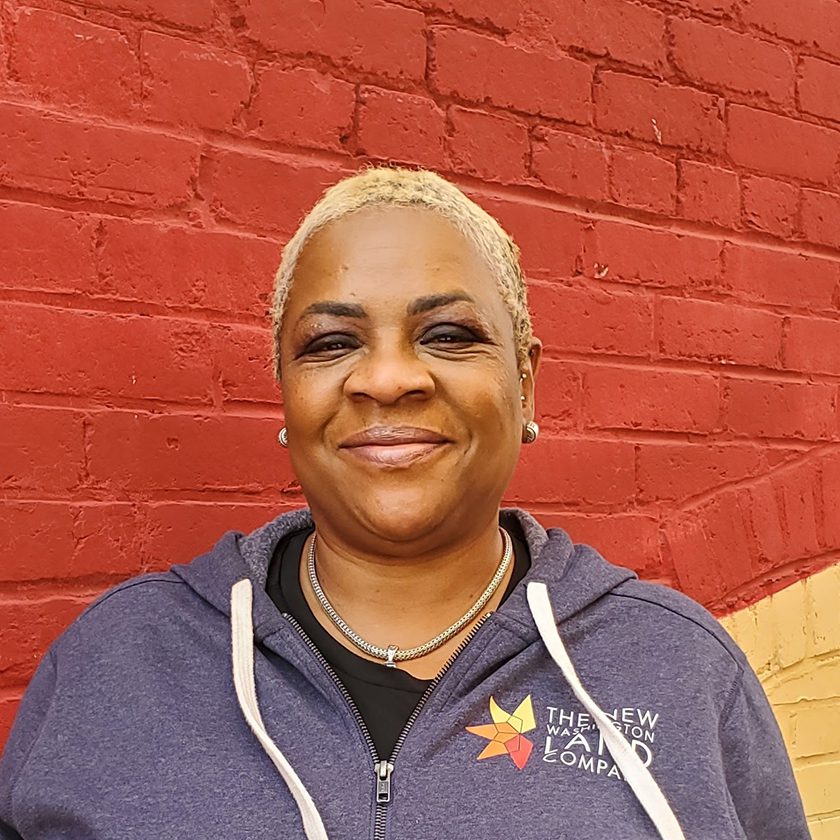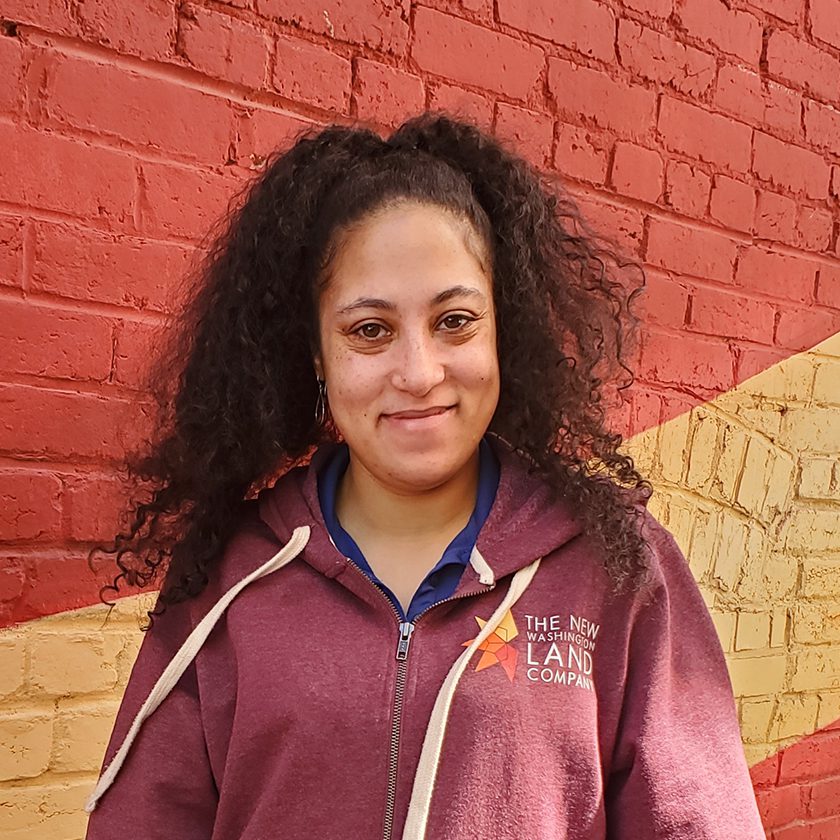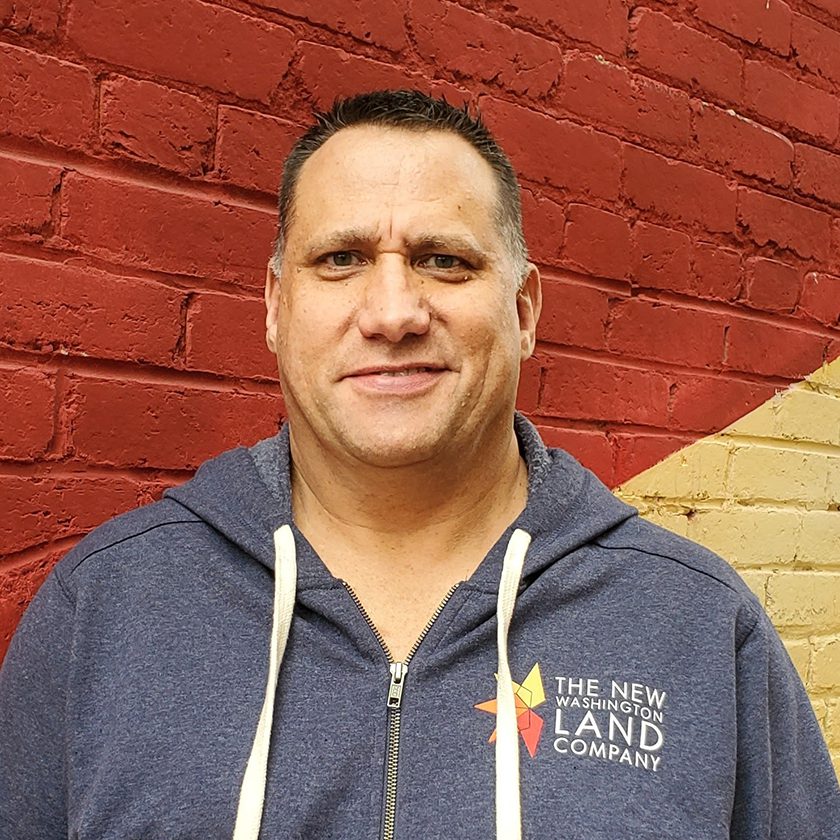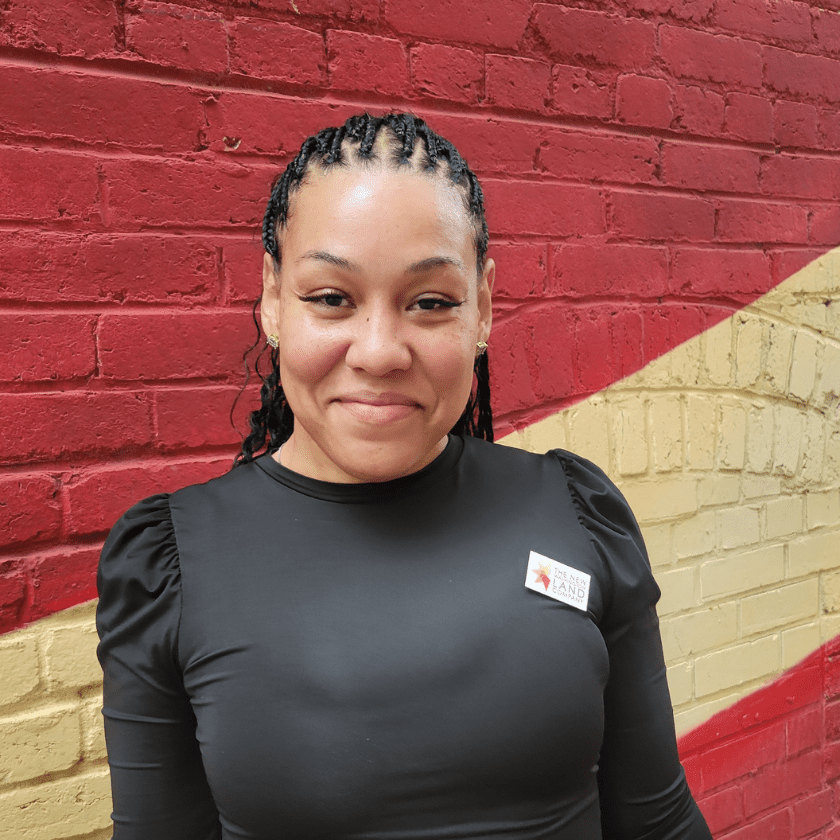A co-op building association is a type of community association, but it works differently than a single-family HOA or a condo association. Co-op buildings come with their own associations and boards. Understanding how these associations work is crucial for those who wish to be a part of them.
What is a Co-Op Building?
A co-op, also known as a housing cooperative, is a residential building that is owned by a corporation. Residents don’t own the individual units. Instead, they buy shares in the corporation. These shares give them the ability to reside in a specific apartment or unit through a proprietary lease. The more valuable the unit, the more shares the resident usually holds.
It’s important to understand that condos and co-ops are not the same. Condos involve ownership of physical space. Meanwhile, co-ops are structured around ownership of the entity itself.
In co-ops, shareholders don’t hold individual titles. Instead, the cooperative owns the property in its entirety, including all the units and common areas.
What is a Co-Op Building Association?
A co-op building association is the organization responsible for managing the cooperative. It’s a corporation that forms under state law, typically as a nonprofit. This corporation owns and manages the building and land on behalf of all shareholders.
The association is responsible for the overall maintenance of the property, enforcing rules, and managing its finances. All shareholders, also known as residents, are members of the co-op association. Each member has a voice in major decisions and typically has one vote for every share or unit held.
The association also has governing documents that outline its powers, including the bylaws, articles of incorporation, and proprietary leases. These documents define the relationship between the co-op and its shareholders, including rights, responsibilities, and procedures.
Does a Co-Op Building Association Have a Board?
Yes, every co-op building association has a board of directors. Board members serve as the leaders of the co-op. This board is responsible for carrying out the duties outlined in the governing documents. Shareholders elect board members to make decisions on behalf of the cooperative.
Board members serve fixed terms, which can vary depending on state laws and the governing documents. They are usually unpaid volunteers. They must act in good faith and the best interest of the association. Their authority comes from the governing documents and shareholder votes.
What Does a Co-Op Association Board Do?
Those unfamiliar with cooperatives might wonder what board members do. While exact duties can vary, they generally include the following:
1. Oversees Building Operations
The board makes sure the building runs smoothly. Board members schedule regular maintenance, handle emergency repairs, and approve major renovations. The board also manages contracts with vendors, including cleaning companies, landscapers, and elevator technicians.
Board members either work with a manager or oversee the operations themselves. They ensure that common areas are clean and function properly. In doing so, they can maintain appeal, preserve property values, and keep residents happy.
2. Approves New Shareholders
One of the key differences between co-ops and condos is the ability to screen potential residents. The board is responsible for reviewing applications, conducting interviews with candidates, and voting on approval. This process helps maintain the community’s standards and financial health.
Applicants typically submit personal references, financial records, and employment details. The board will then evaluate each candidate based on these parameters before making a decision.
3. Manages Finances
The co-op association board is responsible for overseeing all financial matters. This includes preparing the annual budget, collecting dues, and filing tax returns. The board also manages the reserve fund, which covers the cost of future major repairs and replacements.
It is also important for board members to pay the bills, prepare financial statements, and facilitate independent audits. They can work with an accountant or a manager to ensure transparency and long-term financial health.
4. Enforces Rules
The board is also responsible for enforcing the rules and community standards. These rules often address noise, smoking, pet ownership, and subletting. The co-op board typically has the authority to issue warnings, fines, and penalties for violations of the co-op’s rules and regulations.
Shareholders can find the rules in the association’s governing documents. The board must enforce these rules fairly and consistently. Otherwise, the association faces legal risks, and some rules may even become void.
5. Represents the Co-Op Legally
Finally, the board usually has the legal authority to act on behalf of the co-op. This includes representing the co-op when signing contracts and obtaining insurance. It also applies to legal matters or lawsuits.
If a resident fails to pay their maintenance fees, the board may initiate legal action. If a major repair is necessary, the board hires a vendor and signs the contract on the association’s behalf.
Because co-ops must adhere to the law, board members must stay up-to-date with federal, state, and local laws. These include the Fair Housing Act, the Americans With Disabilities Act, the Freedom to Display the American Flag Act, and more. To ensure compliance, boards can consult an attorney.
How are Co-Op Board Members Chosen?
Shareholders are the ones who elect board members. This election typically occurs at the annual membership meeting. Each shareholder receives a notice of the meeting, along with information about the board candidates. Voting can happen via ballots, proxy, or in person.
Every cooperative has its eligibility requirements. It is common for co-ops to require board members to be residents and in good standing with the co-op. Some co-ops also require that board members have no felony convictions that would interfere with the association’s ability to secure insurance.
Board terms can vary from one association to another. That said, they typically last one to three years, with elections taking place on a staggered basis. This way, board positions won’t all be vacant at the same time.
What are the Co-Op Governing Documents?
The governing documents are a set of legal documents that establish the authority, limits, and obligations of the association, as well as those of its members. They include the following:
- Articles of Incorporation. This establishes the co-op as a legal entity. The co-op files this with the Secretary of State.
- Bylaws. This document outlines the procedures for meetings, elections, and board actions.
- Proprietary Lease or Occupancy Agreement. This grants shareholders the right to live in their unit.
- House Rules. These rules cover day-to-day living standards and resident behavior.
Both shareholders and board members must follow these legally binding documents. If an association wishes to amend them, it would typically require a shareholder vote.
Rights and Responsibilities of Shareholders
Shareholders are both residents and owners, but they also have rights and responsibilities within the association.
The rights of shareholders include:
- Vote on major issues, such as amendments, assessments, and board elections;
- Access financial reports and meeting minutes; and,
- Run for board positions.
The responsibilities of shareholders include:
- Pay monthly fees and special assessments;
- Comply with house rules and lease terms; and,
- Participate in meetings and community discussions.
A Helping Hand
Both board members and shareholders should understand how a co-op building association works. In doing so, they can better fulfill their obligations and protect their rights within the community. That said, managing a co-op requires a significant amount of work and often necessitates the assistance of professionals.
TNWLC offers co-op management services to cooperative associations in Washington, DC. Call us today at (202) 483-8282 or contact us online to get started!
